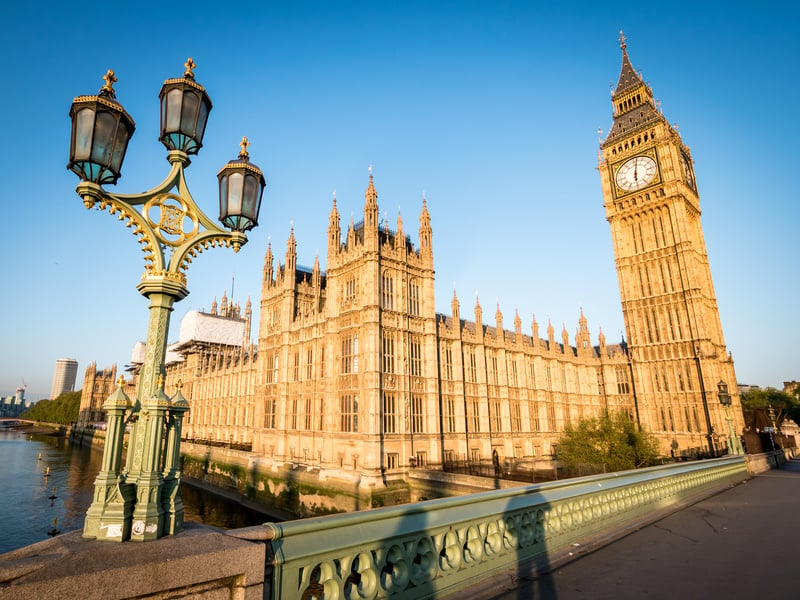A key step towards the adoption of the EU AI Act was reached on 2 February 2024 as the draft text received unanimous approval from the European Council’s main preparatory body. There are further votes to follow before the Act is adopted, but it’s looking likely that the final vote will take place in April and some substantive provisions of the Act could be in force soon after that, possibly by the end of the year.
8 December 2023 was a historic moment for AI regulation in Europe. Following three days of extensive debates, the EU Parliament, Council and Commission finally announced a provisional agreement on the EU AI Act, the bloc’s landmark legislation regulating the development and use of AI in Europe. It is one of the world’s first comprehensive attempts to regulate the use of AI.
Most European countries have already implemented the EU Whistleblower Directive into national laws. Now, companies across Europe are challenged to implement a whistleblowing system in their subsidiaries, that fully complies with the new national whistleblowing laws. Failure to do so may have highly negative implications for companies, their directors and their employees.
After three days of extensive final debate the EU Parliament, Council and Commission finally announced provisional agreement on the EU AI Act, the bloc’s landmark legislation regulating development and use of AI in the European Union. It is one of the world’s first comprehensive attempts to regulate the use of AI.
The EU AI Act awaits formal adoption by both Parliament and Council before it will become EU law.
The capabilities and use cases for AI and ML are moving at lightning speed, and the law is trying to catch up. Legal, compliance and governance functions must manage risk and develop processes and policies for AI projects that work with the law as it is today, while also anticipating the coming wave of legal, regulatory and technological change.
In this webinar series, our EMEA team discussed the IP and data privacy issues raised by AI, the developing regulatory landscape and practical issues when contracting for AI.
In our hybrid kick-off event of the newly founded – VUJ Expert Group on Data Protection Law on the topic “The “End” for International Data Transfers? Recent developments and practical advice” , shed light on the following topics:
• International data transfers in transition
• Google analytics and the international consequences
• Approaches and alternatives for practice
The European Data Protection Board (EDPB) has published draft guidelines on the concepts of controller and processor in the GDPR (Guidelines). They replace the previous guidelines on the concepts of controllers and processors which the Art. 29 Working Party, i.e., basically the EDPB’s predecessor, had published in 2010. The Guidelines…
The European Data Protection Board (“EDPB”) has published draft guidelines on the concepts of controller and processor in the GDPR (“Guidelines”). They replace the previous guidelines on the concepts of controllers and processors which the Art. 29 Working Party, i.e. basically the EDPB’s predecessor, had published in 2010. The Guidelines are open for public consultation until October 19, 2020, after which the final version will be issued.
This is the fifth in a series of guidance notes on what the ‘Schrems II’ decision means for companies that rely on EU-U.S. Privacy Shield, controller-to-processor standard contractual clauses, SCCs for transfers to controllers, derogations/exceptions to transfer restrictions, and binding corporate rules, as well as what ‘Schrems II’ means for Brexit and what companies can expect with the road ahead on these issues.
After Easter customers will be allowed to enter hardware and garden stores, stores of construction materials, iron and wood shops and shops where the customer area does not exceed 400 m². Regarding the Corona Relief Fund the government announced first broad lines. This once again prompted us, to update our…









